Beyond the Basics
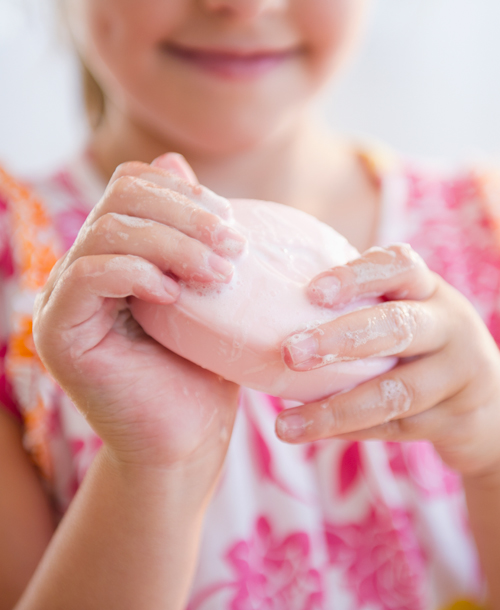
You make sure your kids wash their hands before every meal, get plenty of sleep and stay away from snotty schoolmates. So why do they keep getting sick? No matter how careful you are, you can't avoid germs entirely—but you may not be doing all you can to keep your family healthy. Step up your sickness prevention with these tips.
Wash Your Hands

Even if you've just been for a walk around the neighborhood, wash your hands as soon as you walk into the house. Why? Because unfamiliar germs are the most likely to make you sick. "Your body isn't used to those germs," explains Jason Tetro, author of The Germ Code. A quick stop at the sink will stop unfamiliar germs at the door and help keep your family healthy.
Wash Reusable Shopping Bags
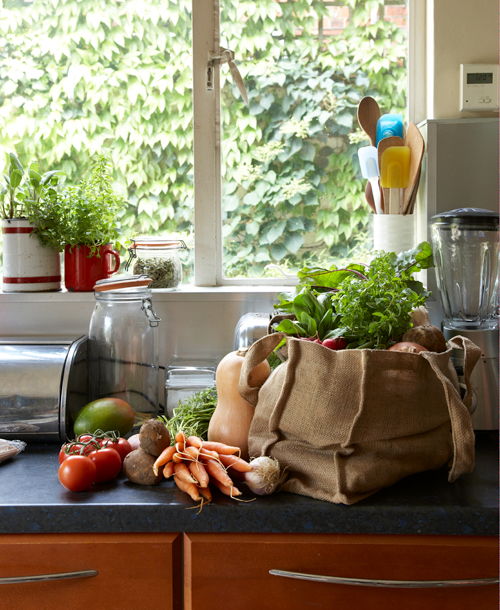
Reusable bags are great for the environment, but they're not always great for your health. There are a lot of germs between the store and your house, and wrapping your fruits and vegetables in germ-covered bags is a bad idea. "Wash them at least once a season," Tetro recommends. If they look dirty or wet, wash immediately. And when you head to the grocery store, make sure you grab a clean bag.
MORE: The Dirt on Germs
Wipe Down Shopping Cart Handles

While you're at the grocery store, wipe down your shopping cart handle. Tests show that they're much more infectious than you might think. "There are thousands of viruses on those handles," says Tetro. Most shopping carts are crawling with viruses, bacteria and even fecal matter from unwashed hands. And until the temperature gets below freezing, those microbes aren't going to die—they can live on the cart handle for weeks. So wipe it down and then wait 30 seconds before you strap your toddler in.
Get the Flu Shot
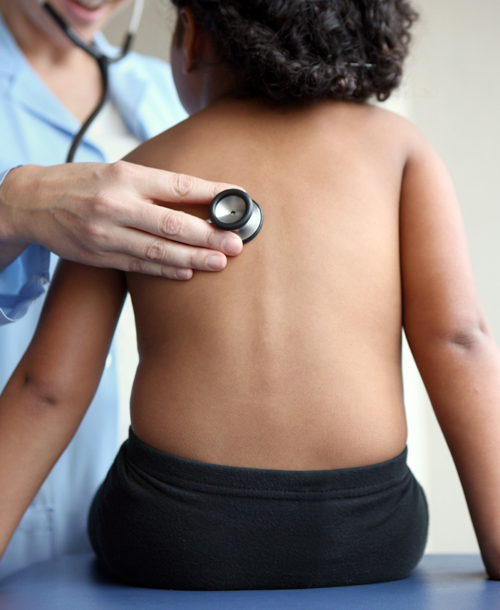
The drugstore might be more convenient, but your doctor knows more about your family's health than your pharmacist. "If you want a good relationship with germs," says Tetro, "you need a better relationship with the people who understand germs." Your doctor will be better able to evaluate the best time for your kids to get flu shots and identify any potential problems.
Open Your Windows

Recycling inside air does wonders for temperature control, but it can turn into a hotbed of sickness if you’re not careful. Infectious germs multiply quickly, and in a closed system, the bad germs can take over. “Out of the 2 million different types of germs, only about 1,450 are pathogenic,” explains Tetro. Opening the window brings in a variety of other germs—most of which will be harmless. The resulting germ diversity is key to keeping the infectious germ population down and maintaining a healthy environment.
Wipe Down Surfaces
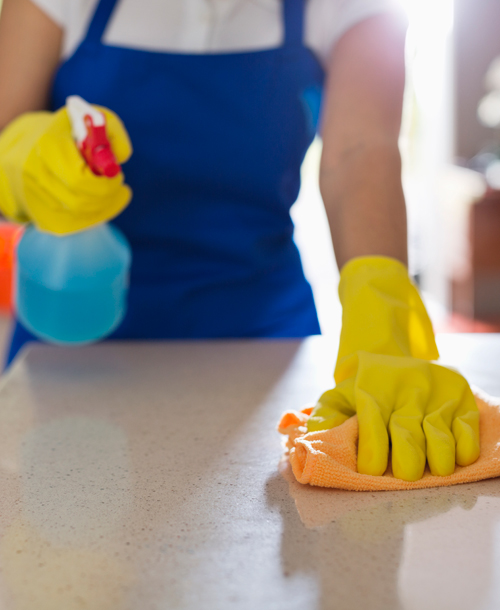
Wipe down surfaces daily—and ask your school or day care to do the same. One study showed that when schools cleaned high-traffic surfaces daily, student absences for sickness were significantly reduced. Many schools don't regularly clean areas like lockers and water fountains—places that kids touch often and where germs can live for hours or even days. At home, disinfect high-traffic surfaces in your house, like TV remotes and computer keyboards.
Do a Deep Clean Twice a Year
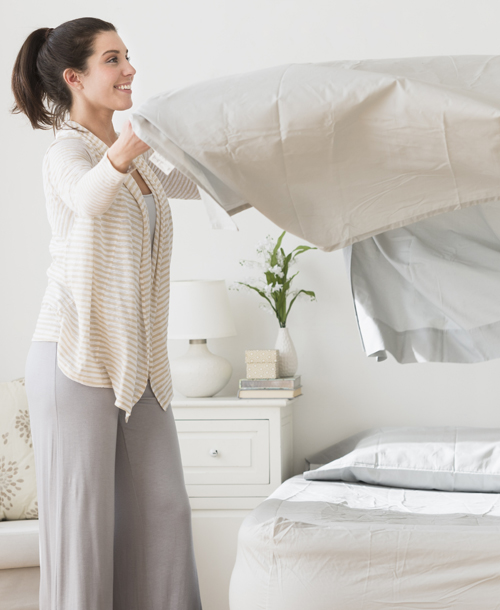
Spring cleaning used to be common sense, but busy families today rarely find the time to do a deep cleaning. You don't have to sun all your rugs or scrub all your baseboards, but you should at least disinfect your bedding every six months. Wash bedding in very hot water, steam your mattress, and buy new pillows. "Bacteria can survive the regular laundering process," says Tetro. "You need to use steam."
MORE: Cleaning With Your Kids
Eat Healthy

You know that good food builds general health, but you should also make sure your kids are getting plenty of immune-building nutrients during the cold season. “Vitamin D can help a child resist infections,” says Tetro, “and vitamin C keeps the immune system alert.” Antioxidants and probiotics are also great for building immunity. So get your kids outside, especially when it’s sunny, and give them plenty of orange juice, yogurt and blueberries.
Exercise
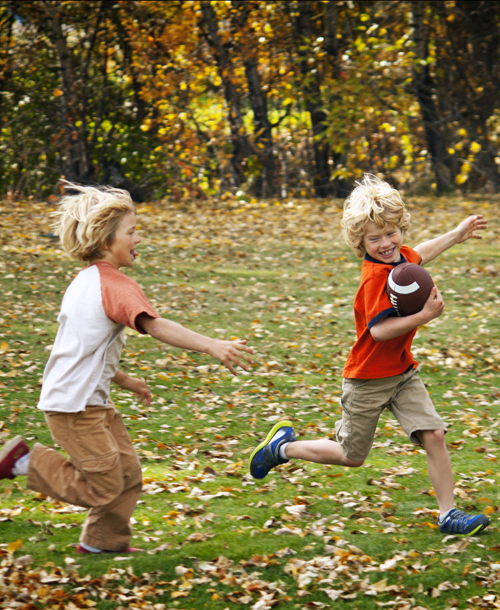
Like good food, exercise builds general health—but it does a lot more than that. "When children are sedentary, that disposes the body toward inflammation," says Tetro. "If you're not active, the body thinks something is wrong." Not exercising enough can actually trick your body into thinking you're sick, causing it to react with inflammation and an immune response. And that inflammation makes you more likely to get sick.
So get your kids outside in the fresh air, expose them to some microbial diversity and let them run around the playground. Just make sure that when they come home, they wash their hands.



